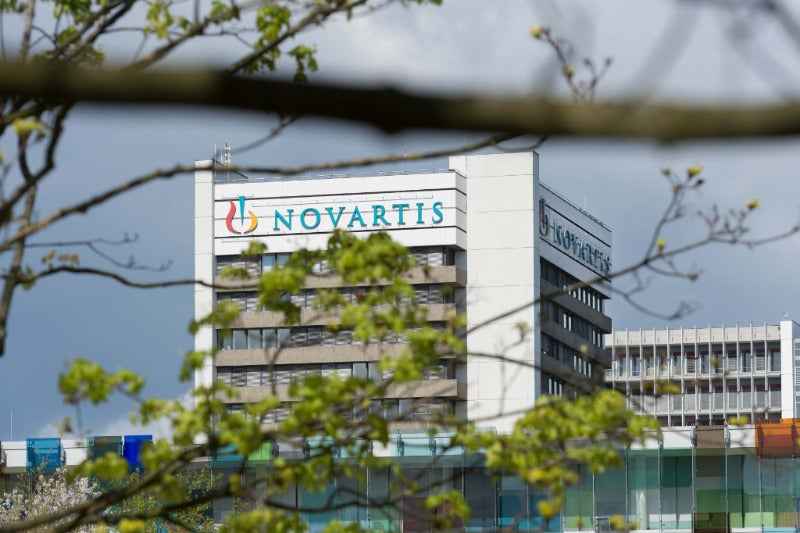
Novartis has announced that the Phase III MONALEESA-3 study of Kisqali (ribociclib) has met its key secondary endpoint at interim analysis of patients with advanced or metastatic breast cancer.
The clinical trial assessed the drug in combination with fulvestrant to treat postmenopausal women with hormone-receptor positive, human epidermal growth factor receptor-2 negative (HR+/HER2-) breast cancer in first and second-line settings.

Discover B2B Marketing That Performs
Combine business intelligence and editorial excellence to reach engaged professionals across 36 leading media platforms.
Results showed that Kisqali led to a statistically significant improvement in overall survival.
Investigators did not report any new safety signals and adverse events were found to be consistent with previous Phase III data.
Novartis Oncology president Susanne Schaffert said: “We are thrilled that Kisqali combination therapy again has demonstrated improved overall survival for patients with HR+/HER2- advanced breast cancer, first in pre-menopausal and peri-menopausal women in MONALEESA-7, and now in post-menopausal women in MONALEESA-3.
“We will continue to reimagine cancer to help patients live longer, and also improve quality of life as we work towards finding a cure for this incurable disease.”

US Tariffs are shifting - will you react or anticipate?
Don’t let policy changes catch you off guard. Stay proactive with real-time data and expert analysis.
By GlobalDataDeveloped by the Novartis Institutes for BioMedical Research (NIBR), Kisqali is an inhibitor of cyclin-dependent kinase (CDK) 4 and 6. It has been approved in more than 75 countries for multiple indications.
In 2017, the US and European regulatory agencies approved the drug in combination with an aromatase inhibitor as an initial endocrine treatment for postmenopausal women with HR+/HER2- locally advanced or metastatic breast cancer.
Last year, the combination secured authorisation for pre-, peri- or postmenopausal women. Kisqali plus fulvestrant also holds approval as first or second-line therapy in postmenopausal women.
In June last year, Novartis reported that MONALEESA-3 demonstrated a median progression-free survival (PFS) of 20.5 months with the investigational combination, compared to 12.8 months with fulvestrant alone.





